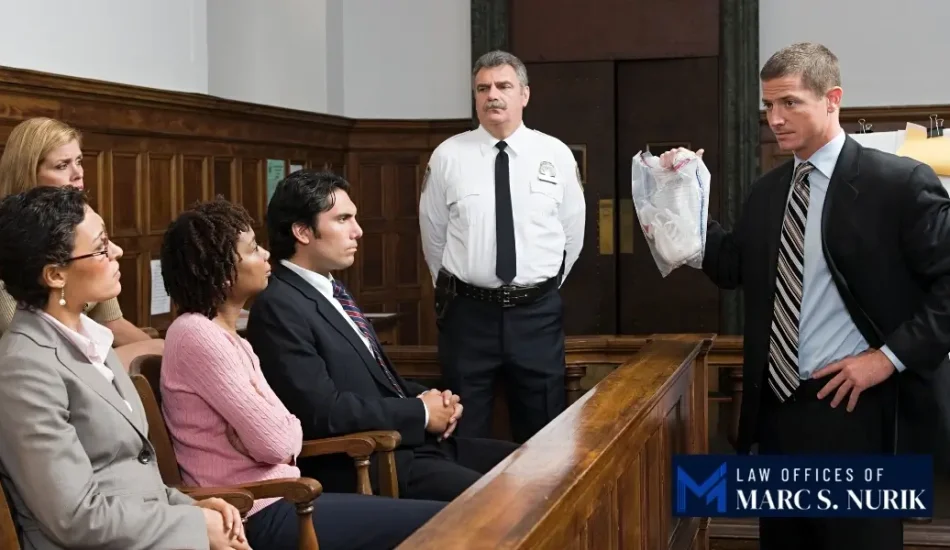Call Us Nationwide310-909-6828

In California, a grand jury is sometimes called into action in order to investigate a certain federal or state case and determine whether or not there is sufficient evidence to proceed with criminal charges. While not convened to determine anybody’s guilt or innocence, a grand jury’s primary job is to weigh the evidence and determine if there is probable cause that you may have committed a crime. You may wonder, “How long does a grand jury investigation take in California?”
The amount of time it may take a grand jury to investigate your case in California depends entirely on a number of important factors that are always unique to the criminal case in question. Every criminal case is different, with each case having its own specific details and circumstances. When determining the amount of time it will take a grand jury to fully investigate your case, certain factors must be considered.
Those factors include the complexity of the case at hand, the amount of evidence the grand jury has to thoroughly examine, and the type of grand jury being convened. Criminal grand juries and civil grand juries might be examining vastly different kinds of cases, some with more evidence than others.
In California, a grand jury is an independent investigative body composed of various citizens from a specific county. Their job is to determine whether or not charges should be brought against a defendant in certain criminal cases or to look into certain civil matters in the county. Grand juries are essentially an extension of the court that is in place to either ensure someone is held accountable or to prevent the wrong person from being indicted.
In order for a California grand jury to proceed, a grand jury must have at least 23 members in counties with over four million residents, 11 in counties with under 20,000 residents, or 19 in all other counties. Members are selected randomly from a list of eligible potentials who can serve on a jury in a civil or criminal trial. From there, the process begins:
Generally, a grand jury’s term of service in California is one year. Grand jurors are typically impaneled around the start of the fiscal year. Some grand jurors may be allowed to serve a second term if they choose and if the Superior Court Judge allows them to. Once their term is finalized, a grand jury must prepare a final report that includes summaries of their investigations and any recommendations they may have.
An investigative grand jury is a chosen group of California citizens who investigate possible criminal activity and determine if there is enough evidence of that activity to warrant an indictment. They have the power to issue subpoenas, compel witnesses to testify, and even obtain evidence to review for themselves. They operate independently of the courts and prosecutors and are tasked with preventing prosecutorial misconduct.
A case may go to the grand jury when the prosecutor believes they have enough evidence to move forward with criminal charges, but they want a bit more certainty. A grand jury’s review of the evidence and formal indictment can act as a sort of screening process for stronger cases for which the prosecution can then feel more comfortable pursuing a trial case. It may also help protect some defendants from unwarranted charges.
In California, grand jurors are paid a per diem of $15.00 per day, as well as reimbursement for travel related to grand jury business, including gas. The mileage reimbursement rate is different in every California county. Grand jurors typically spend around 15 to 20 hours a week performing their civic duty and may be responsible for a wide variety of tasks related to their investigative duties. Government employees are not paid a daily fee for jury service.
If a prosecutor is planning to convene a grand jury to bring criminal charges against you, there is likely a jury trial on its way. If you haven’t already, you should reach out to an experienced criminal defense lawyer and start working on a strong defense strategy.
The legal team at Law Offices of Marc S. Nurik knows how much may be at stake for you if a grand jury finds you worthy of an indictment. We can help you build up a strong defense and make sure you are not taken advantage of at any point during this process. Contact us to schedule a consultation with a valued team member.
4800 N. Federal Highway Suite 205B
Boca Raton, FL 33431
9350 Wilshire Blvd Suite 308
Beverly Hills, CA 90212